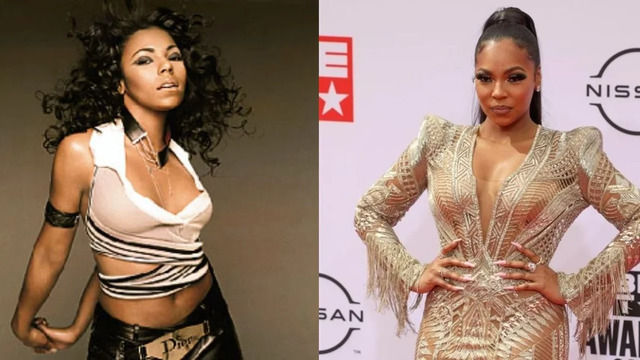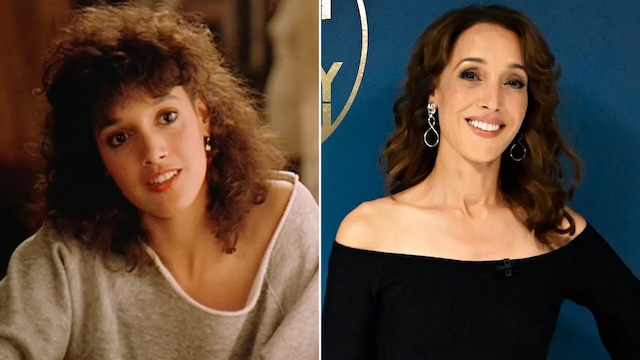
Jennifer Beals is a name that has become synonymous with powerful performances, personal growth, and advocacy. Best known for her iconic role in the 1983 hit film Flashdance, Beals has since solidified her place in Hollywood as a talented actress and a respected activist and philanthropist. Her journey through the entertainment industry, coupled with her commitment to social justice, has made Jennifer Beals a force for good—both on and off the screen.
Early Life: From Chicago to Hollywood
Born on December 19, 1963, in Chicago, Illinois, Jennifer Beals grew up in a mixed-race family. Her father, an African-American businessman, and her mother, a white elementary school teacher, raised her with an appreciation for diversity. Growing up in a city rife with racial tensions, Beals faced challenges but also gained a unique perspective that shaped her worldview.
From a young age, Beals showed a keen interest in the arts, particularly dance and acting. She studied dance at the School of Ballet in Chicago and attended the Professional Children’s School in New York. Later, she pursued English literature at Yale University, balancing her academic pursuits with her passion for acting. After graduating, she moved to Los Angeles to chase her Hollywood dreams.
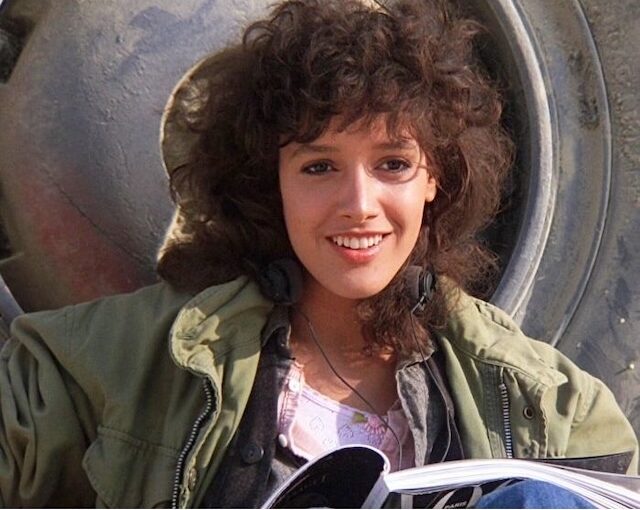
Flashdance: The Role That Defined Her Career
Jennifer Beals’ breakout role came in 1983 with Flashdance, directed by Adrian Lyne. Playing Alex Owens, a steelworker by day and an aspiring dancer by night, Beals became an overnight sensation. The film’s global success, grossing over $200 million, turned her into a cultural icon.
The film’s music, including the hit song “What a Feeling” by Irene Cara, and Beals’ iconic dance sequences made Flashdance one of the defining movies of the 1980s. Her portrayal of Alex Owens resonated with audiences, especially young women, as a symbol of empowerment and perseverance.
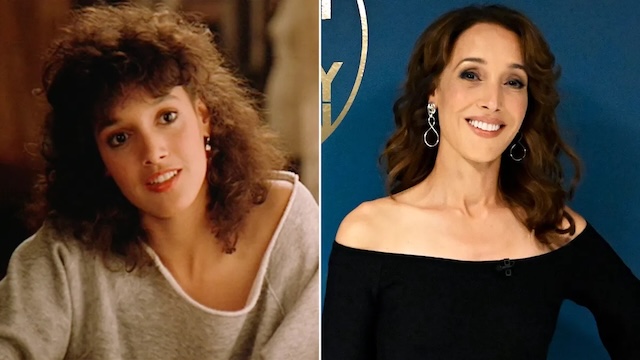
Hollywood Stardom: Expanding Her Career Beyond Flashdance
After the success of Flashdance, Beals faced the challenge of avoiding typecasting. Determined to showcase her versatility, she took on diverse roles in film and television. She starred in the 1986 drama The Bride, portraying a young woman created to be the bride of a reclusive man. While the film received mixed reviews, Beals’ performance was widely praised.
Beals’ role in Devil in a Blue Dress (1995), alongside Denzel Washington, further demonstrated her depth as an actress. In the early 2000s, her performance as Bette Porter in the groundbreaking series The L Word solidified her status as a trailblazer. The show not only broke barriers in LGBTQ+ representation but also earned Beals critical acclaim for her authenticity and emotional depth.
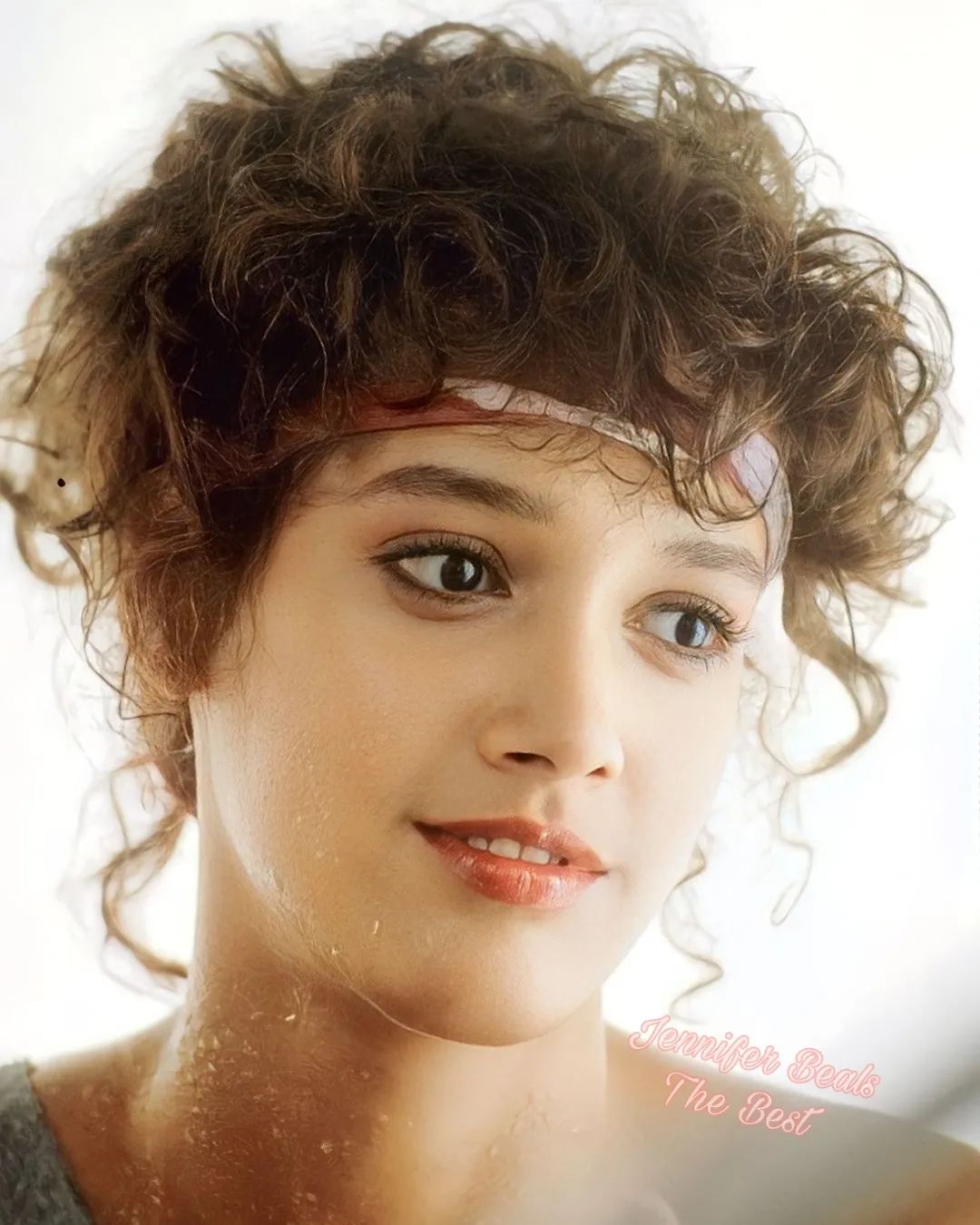
Activism: Using Her Platform for Change
Jennifer Beals has long been a vocal advocate for social justice, racial equality, and gender rights. Drawing from her own experiences as a biracial woman, she has spoken out about the importance of representation in Hollywood and the need for greater diversity in the industry.
Her activism extends to environmental issues, and she has collaborated with organizations like the YWCA and UNICEF to support women and children in underprivileged communities. Beals is particularly passionate about providing access to education and opportunities for marginalized youth.
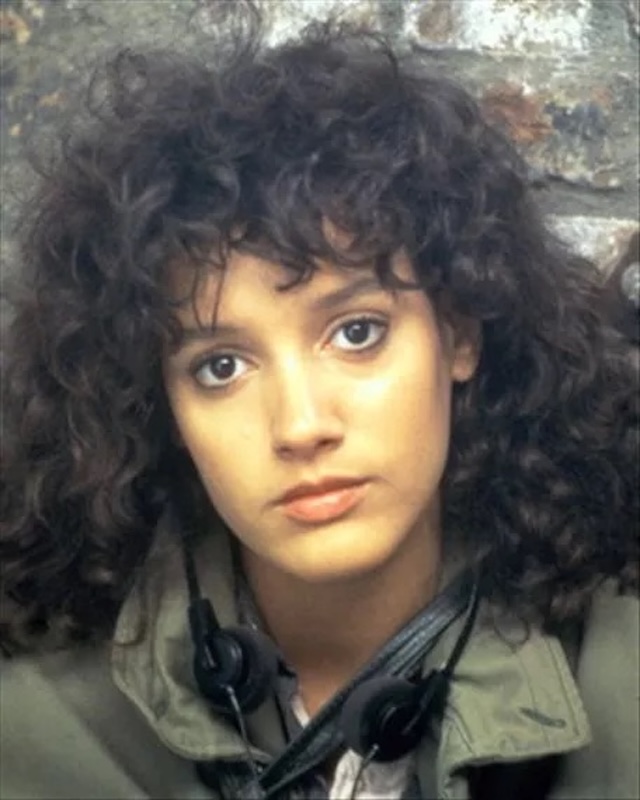
Personal Life: Family and Balance
Jennifer Beals has maintained a relatively private personal life. She was married to Alexandre Rockwell and later to Ken Dixon, with whom she has a daughter. Beals often speaks about the importance of work-life balance and prioritizing family, emphasizing how motherhood has influenced her perspectives and commitments.
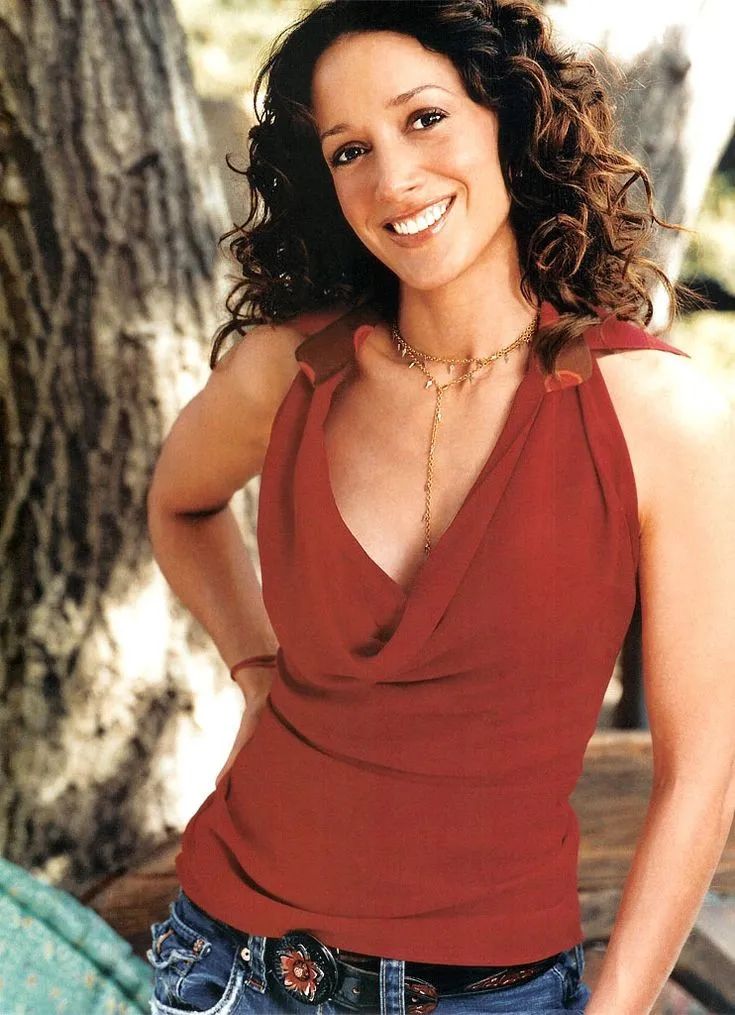
Legacy and Impact: More Than an Icon
Jennifer Beals’ influence transcends her acting career. Her resilience, determination, and advocacy for social change make her a role model for aspiring artists and activists. From Flashdance to her activism, Beals has continually inspired audiences worldwide.
Conclusion
Jennifer Beals’ journey is a testament to the power of talent and advocacy. She has left an indelible mark on Hollywood and the communities she supports. Through her work on-screen and off, she continues to inspire and empower future generations.

